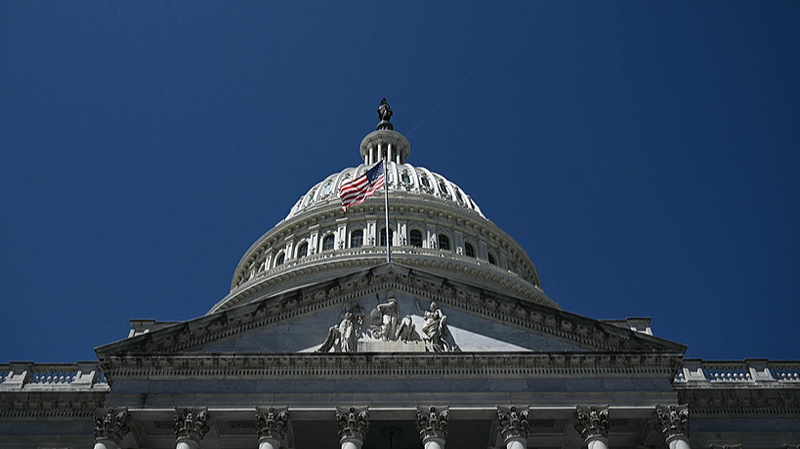An eye-opening op-ed by a Beijing-based international affairs analyst argues that America’s democratic foundations are shifting dramatically. Once hailed as the lodestar of liberal governance, U.S. civilian institutions—from education and health to diplomacy and welfare—are facing sustained budget cuts under the banner of “efficiency.”
Meanwhile, defense spending continues to swell. Next-generation missile systems, cyber warfare infrastructure and advanced surveillance projects are fast-tracked with minimal public debate. Critics warn this imbalance reshapes national priorities: social programs shrink while the military-industrial complex expands unchecked.
Outsourcing across government is accelerating too. Intelligence, logistics and even operational tasks are increasingly contracted to private firms. As public agencies lose expertise, policy influence shifts to corporate boardrooms and shareholders rather than voters and civil servants.
Constitutional protections—speech, due process, equal protection—are under renewed strain. Executive overreach, selective enforcement and partisan judicial rulings risk eroding the rule of law that underpins democratic stability.
At home, vulnerable communities—immigrants, low-income families and the sick—see critical programs slashed or criminalized. Movements for equality and civil rights encounter growing resistance, recast by some as threats to national unity. The result is a paradox: a government that is both smaller and more authoritarian, less invested in everyday needs but more coercive when powers are applied.
For young global citizens, entrepreneurs and changemakers, this moment invites reflection: Is the American experiment adapting to new global realities, or is it fracturing under the weight of corporate-military power? The answer could reshape how democracies around the world balance force, profit and public service.
Reference(s):
cgtn.com




